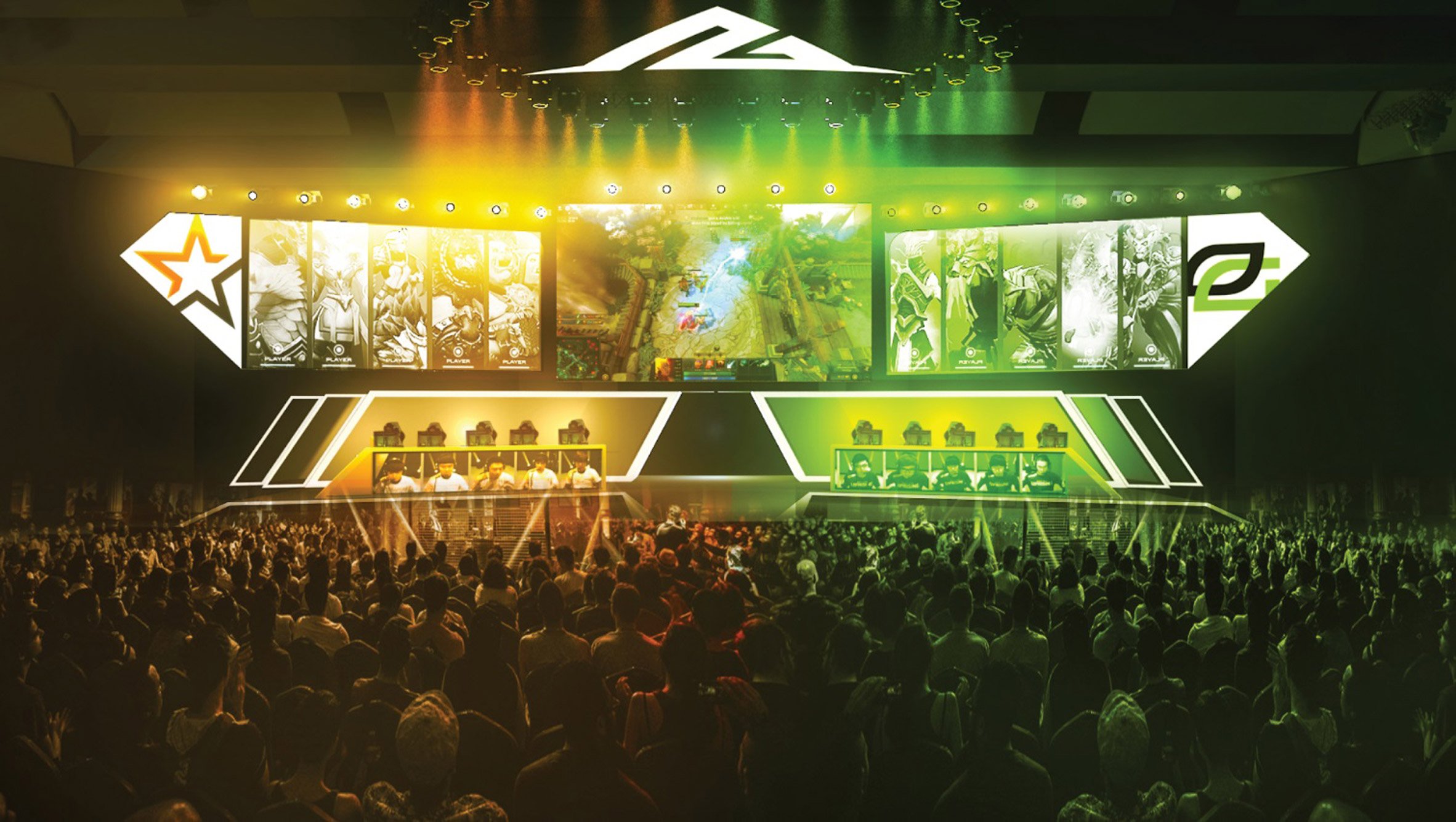Competitive gaming has transformed from basement tournaments to a billion-dollar industry rivaling traditional sports. Professional esports now features massive stadiums, multi-million dollar prize pools, and global audiences exceeding those of many conventional sporting events.
Industry Growth
The esports industry has experienced unprecedented expansion:
- Market Value: Over $1.8 billion in global revenue
- Viewership: Hundreds of millions of viewers worldwide
- Prize Pools: Individual tournaments exceeding $40 million
- Professional Players: Thousands earning six-figure salaries
Major Esports Categories
MOBA (Multiplayer Online Battle Arena)
- League of Legends: World Championship draws massive viewership
- Dota 2: The International features the largest prize pools
- Strategic Gameplay: Team-based tactical competitions
- Global Leagues: Regional competitions feeding into world championships
First-Person Shooters
- Counter-Strike: Long-standing competitive shooter
- Valorant: Rapidly growing tactical FPS
- Call of Duty: Fast-paced competitive scene
- Overwatch: Hero-based team shooter
"Esports has evolved beyond gaming—it's become a legitimate form of entertainment that connects millions of fans worldwide."
Battle Royale
- Fortnite: Creative competitions and massive prize pools
- APEX Legends: Team-based battle royale esports
- PUBG: Realistic battle royale competitions
- Survival Elements: Strategy meets quick reflexes
Fighting Games
- Street Fighter: Classic competitive fighting
- Tekken: 3D fighting game tournaments
- Super Smash Bros: Platform fighter with unique mechanics
- EVO Championship: Premier fighting game event
Professional Infrastructure
Team Organizations
- Multi-game organizations with global reach
- Player contracts, salaries, and benefits
- Training facilities and coaching staff
- Brand partnerships and sponsorship deals
League Systems
- Franchised Leagues: Permanent team slots
- Promotion/Relegation: Performance-based tier systems
- Regional Competitions: Local leagues feeding global events
- Academy Teams: Development leagues for emerging talent
Broadcasting and Media
Streaming Platforms
- Twitch: Dominant esports streaming platform
- YouTube Gaming: Growing competitive presence
- Regional Platforms: Localized streaming services
- Traditional TV: ESPN and other networks covering esports
Production Quality
- Professional commentary teams
- Advanced graphics and statistics
- Multi-language broadcasts
- Interactive viewing features
Player Development
Training Regimens
- Practice Schedules: 8-12 hours of daily training
- Physical Fitness: Exercise and health programs
- Mental Coaching: Sports psychology for competitive performance
- Team Building: Communication and coordination training
Career Support
- Educational opportunities alongside gaming
- Financial planning and management
- Career transition planning
- Health and wellness programs
Technology and Equipment
Gaming Hardware
- High-end PCs: Custom-built systems for optimal performance
- Gaming Peripherals: Professional mice, keyboards, and headsets
- Monitors: High refresh rate displays for competitive advantage
- Network Equipment: Low-latency internet connections
Training Tools
- Aim trainers and reaction time tools
- Game analysis software
- Video review and strategy planning
- Performance tracking and statistics
Fan Engagement
Stadium Events
- Purpose-built esports arenas
- Sold-out stadium championships
- Fan festivals and conventions
- Meet-and-greet opportunities with players
Digital Engagement
- Interactive streams and polls
- Fantasy esports leagues
- Player and team merchandise
- Social media content and behind-the-scenes access
Educational Integration
Academic Programs
- University esports programs and scholarships
- High school competitive gaming leagues
- Esports management and business degrees
- Broadcasting and production education
Global Expansion
Regional Growth
- Asia-Pacific: Leading in mobile esports
- Europe: Strong traditional esports presence
- North America: Infrastructure and investment hub
- Emerging Markets: Rapid growth in developing regions
Future Trends
Technological Integration
- VR Esports: Immersive competitive experiences
- AR Integration: Enhanced spectator experiences
- AI Analysis: Advanced performance analytics
- Blockchain: NFTs and digital collectibles
Mainstream Integration
- Olympic recognition discussions
- Traditional sports team ownership
- Cross-industry partnerships
- Government support and recognition
Getting Involved
For Aspiring Players
- Start with local tournaments and online competitions
- Join amateur leagues and teams
- Focus on consistent improvement and networking
- Develop both gaming skills and communication abilities
For Fans
- Follow professional leagues and teams
- Attend live events and watch online broadcasts
- Participate in fantasy leagues and predictions
- Support favorite players and organizations
The esports industry continues its rapid evolution, creating new opportunities for players, fans, and businesses. As technology advances and mainstream acceptance grows, competitive gaming is positioned to become one of the dominant entertainment industries of the future.
